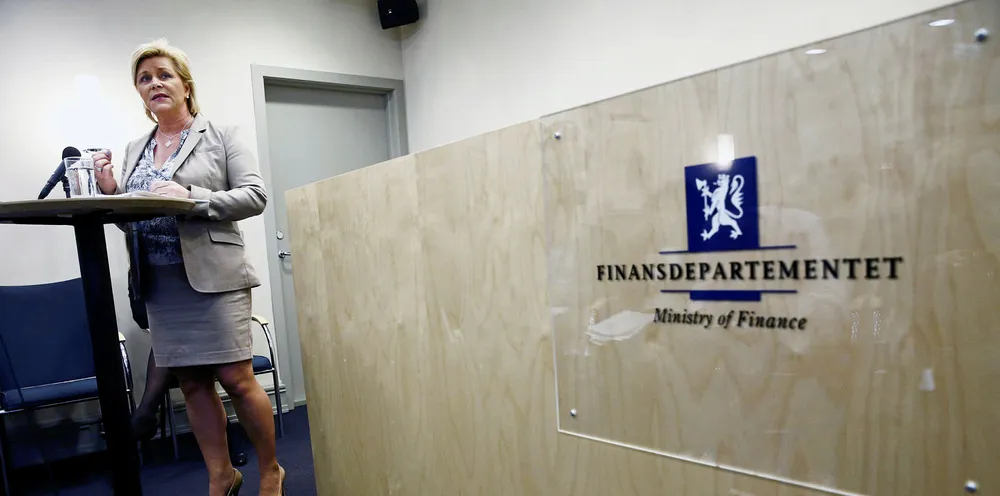World's largest sovereign wealth fund can back renewables
Norway to allow $1trn fund to invest in unlisted renewables, soon after move to exclude some oil & gas

Norway to allow $1trn fund to invest in unlisted renewables, soon after move to exclude some oil & gas
